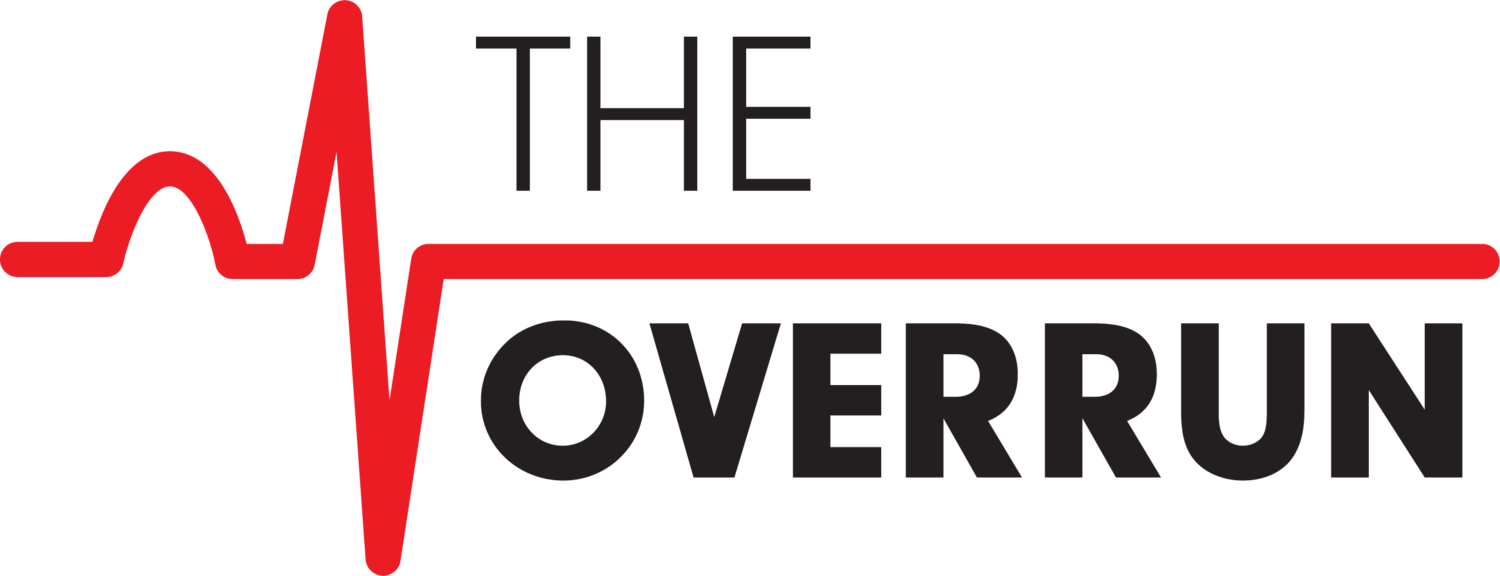Summary
In this episode, Dr. Zaf Qasim discusses advances in medical resuscitation and the future of cardiac arrest care. The conversation covers topics such as compression-only CPR, the controversy surrounding head-up CPR, the use of band and piston-driven devices, and the potential of extracorporeal cardiopulmonary resuscitation (eCPR). The importance of good dispatch and patient selection is emphasized as key factors in improving outcomes. The episode concludes with a discussion on the need for a paradigm shift in how we approach cardiac arrest care. Then, Dr. Zaf Qasim discusses updates in trauma resuscitation. The focus is on the use of whole blood in trauma resuscitation, the importance of meaningful intervention in the pre-hospital setting, the role of ultrasound in trauma resuscitation, and the use of ketamine and fentanyl in RSI and trauma scenarios. Dr. Qasim emphasizes the need for resuscitation before intubation and the importance of controlling bleeding and restoring volume. He also highlights the potential of technology, such as ultrasound and sending real-time information to the trauma team. The conversation ends with a call for hope in the future of pre-hospital medicine.
Takeaways
Advances in medical resuscitation have focused on basic life support (BLS) interventions, such as compression-only CPR and early defibrillation.
The effectiveness of head-up CPR in improving outcomes is still under debate, and more research is needed to determine its role in human resuscitation.
While band and piston-driven devices have shown variable results in improving outcomes, they can be useful logistically in certain situations.
Extracorporeal cardiopulmonary resuscitation (eCPR) shows promise for refractory ventricular fibrillation patients, but its implementation requires system-wide changes and good patient selection.
Good dispatch and patient selection are crucial in improving cardiac arrest care and should be prioritized in system design and protocols.
A paradigm shift is needed to move from a one-size-fits-all approach to cardiac arrest care to a more individualized approach based on patient outcomes and preferences.
The use of whole blood in trauma resuscitation is gaining traction and has shown to improve outcomes.
Meaningful intervention in the pre-hospital setting, such as giving blood and controlling bleeding, is crucial for improving trauma outcomes.
Ultrasound can provide valuable information in trauma resuscitation, including assessing the heart and identifying pericardial effusion.
Ketamine is still a great drug for RSI in trauma, but dosage and patient physiology should be considered.
Technology, such as ultrasound and real-time information sharing, has the potential to enhance trauma resuscitation.
There is hope for the future of pre-hospital medicine, with a focus on improving pre-hospital interventions and outcomes.





